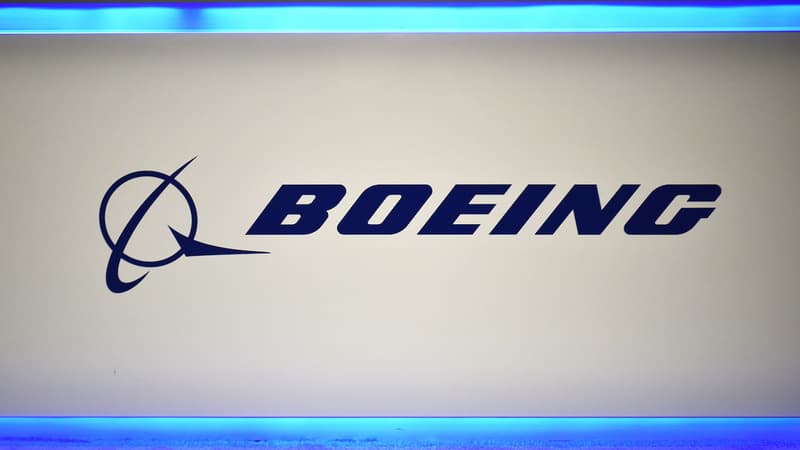Amid months of unrest, Boeing risks facing a strike starting Friday that would freeze production of its flagship 737 and wide-body 777 if the 33,000 union members in the Seattle region reject the new plan. A preliminary agreement was announced on September 8, the result of several months of negotiations between the management of the aerospace giant and the local branch of the machinists’ union (IAM).
This new agreement, which is to replace the one in force for sixteen years, provides for a 25% wage increase over four years as well as a commitment to invest in the region. And in particular, the construction of the next aircraft in the historic cradle of the aircraft manufacturer which would guarantee jobs for several decades. Boeing hoped that these concessions would be enough to avoid any risk of strike action, while its financial situation has been precarious since the crash of two 737 MAX 8s in 2018 and 2019 (346 deaths) and a multitude of production quality problems.
But the reaction from IAM members dampened these hopes. A message posted on the union’s Facebook page on Sunday, announcing the preliminary agreement, received hundreds of comments, many of them negative and calling for a strike. It has since been deleted.
Daily meetings
Televisions showed daily rallies of workers in factories, protesting against wage measures that they consider inadequate in the face of inflation. “We got everything we could,” Jon Holden, president of IAM-District 751, assured members. “We recommend ratification because we cannot guarantee that we will get more by striking,” he said. The dissatisfied workers argue that the wage increase is too far from the union’s demands (+40% initially) and that the pension aspect is unsatisfactory.
In an interview with the Seattle Times published Monday afternoon, Jon Holden said, “I think … our members will approve the strike.” Leeham News, an aviation website, called the agreement a “tough sell.” “It has made progress on the issues that its members are most concerned about, but on most of them it is far from the goals previously set by the union,” it noted, anticipating pushback. But it remains unsure of the likelihood of reaching the two-thirds vote needed to initiate a work stoppage as soon as the agreement expires at midnight Thursday.
However, if a simple majority rejects the collective agreement but the two-thirds threshold for a strike is not reached, it will be ratified “by default”, according to the union’s statutes. Stephanie Pope, president of Boeing Commercial Aviation (BCA), also came out to defend the text. According to her, it is the largest wage increase ever granted, despite the aircraft manufacturer’s debt of some 60 billion dollars. “We gave it our best,” she said in a message to employees.
“Our own mistakes of the past”
“It’s no secret that our business is going through a difficult period, in part due to our own past mistakes. (…) A strike would jeopardize our shared recovery,” said Boeing’s new CEO Kelly Ortberg in a statement, who replaced Dave Calhoun on August 8 and pledged to “reset” the relationship with IAM.
In the United States, a wind of unionisation is blowing, with negotiations, especially at Starbucks, or attempts to join trade union organisations among foreign car manufacturers present in the country. And the three historic automotive groups – Ford, General Motors, Stellantis – suffered an unprecedented six-week strike in the autumn of 2023. The logistics giant UPS escaped at the last minute, as did the airline sector (pilots, flight attendants/hostesses). “The balance of power is shifting towards employees,” said Harry Katz, a labour relations specialist at Cornell University.
Boeing has come under increased scrutiny since an in-flight incident in early January involving an Alaska Airlines 737 MAX 9. A series of compliance and quality control issues have reignited questions raised about these same deficiencies after the two crashes. The planemaker was placed under surveillance by the FAA regulator, which also limited 737 production indefinitely.
Source: BFM TV


